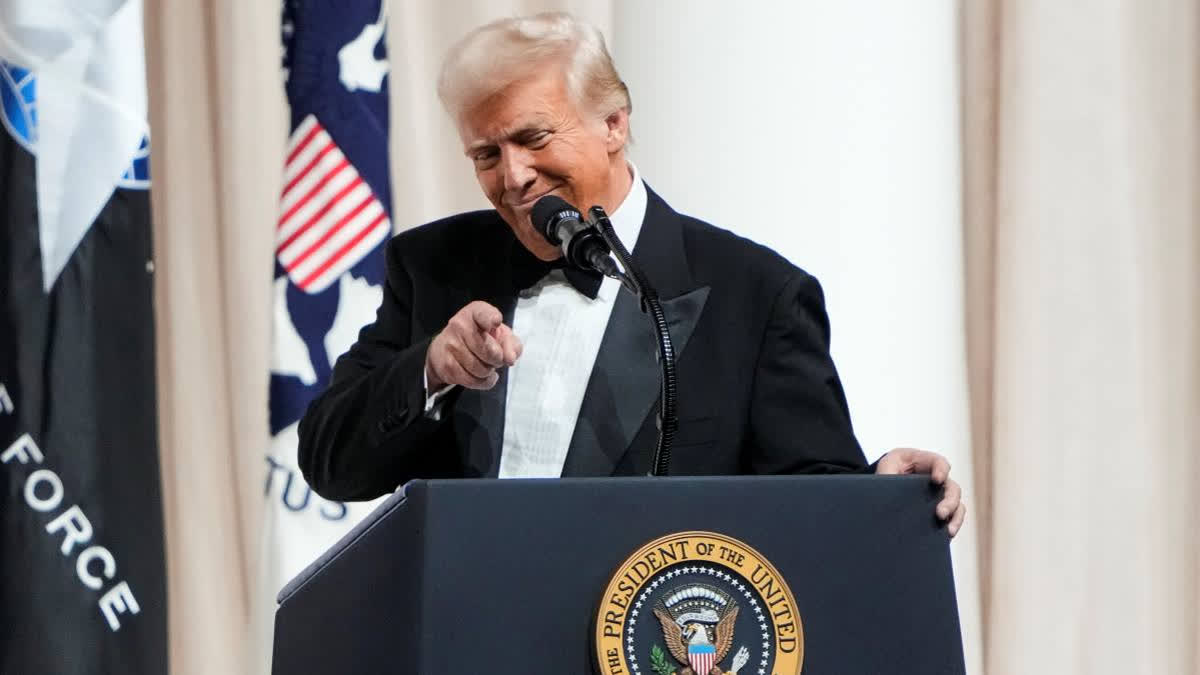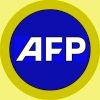Washington: US President Donald Trump on Monday promptly reversed Joe Biden's decision to remove Cuba from a blacklist of state sponsors of terrorism, announced days earlier as part of a deal to free prisoners.
In a statement issued hours after the inauguration, the White House said Trump had rescinded a long series of executive orders, including the decision on Cuba.
The Biden administration in its final days last week said it would remove Cuba from the list, which severely impedes foreign investment, in return for a promise to release 553 people -- including Cubans jailed in a crackdown on rare mass protests in 2021.
Cuba had gone ahead with releasing prisoners, including opposition leader Daniel Ferrer. Cuban President Miguel Diaz-Canel said that Trump was acting out of "arrogance and disregard for the truth."
"This is not surprising. His goal is to keep accelerating the cruel economic war against Cuba with a goal of domination," he wrote on X.
Trump himself had made a decision in his final days in office in 2021 to put Cuba back on the list, reversing a reconciliation drive under former president Barack Obama.
The White House did not describe reasons for reversing Biden's order or whether it expected the move to impact freed prisoners.
But new Secretary of State Marco Rubio, a Cuban-American staunchly opposed to the communist island's government, told his confirmation hearing last week that he had "zero doubt" that Cuba belonged on the list.
The last Trump administration in 2021 had also cited Cuba's refusal to extradite back to Colombia members of the militant group ELN.
Colombia has since elected a leftist president, Gustavo Petro, who dropped the arrest warrants, although conflict with the ELN has erupted again in recent days, with at least 100 people dead.
Rubio told his confirmation hearing that another Colombian guerrilla group, the FARC, "has had the full support of the Cuban regime throughout their entire existence" and that Cuba has been "openly friendly" toward Palestinian militants Hamas and Lebanon's Hezbollah, both designated by Washington as terrorist groups.
"We know as well that the Cuban regime, for example, hosts not one but two countries' espionage stations within their national territory, 90 miles from the shores of the United States," Rubio said.
Only three other countries are on the list of state sponsors of terror: Iran, North Korea and Syria, where longtime leader Bashar al-Assad was toppled last month.
More On Trump Inauguration
- Trump Returns To Presidency Declaring 'Golden Age Of America Begins Right Now' | His Full Speech
- FACT FOCUS: A Look At False And Misleading Claims Trump Made At Inaugural Events
- In Photos: Donald Trump's Return To Power
- 'Dear Friend': How Different Nations Reacted To Trump Inauguration
- Trump Signs Executive Order Directing US Withdrawal From The Paris Climate Agreement
- Trump Signs Executive Order Extending TikTok Operations For 75 Days
- 'America Is Back': New-look White House Website Says After Trump's Inauguration
- Billionaires, Tech Titans, Presidents: A Guide To Who Stood Where At Trump's Inauguration
- What Melania Trump Wore To The Inauguration — Including The Hat
- US Immigration Crackdown Begins: Trump Declares National Emergency, Troop Deployments At Mexico Border



